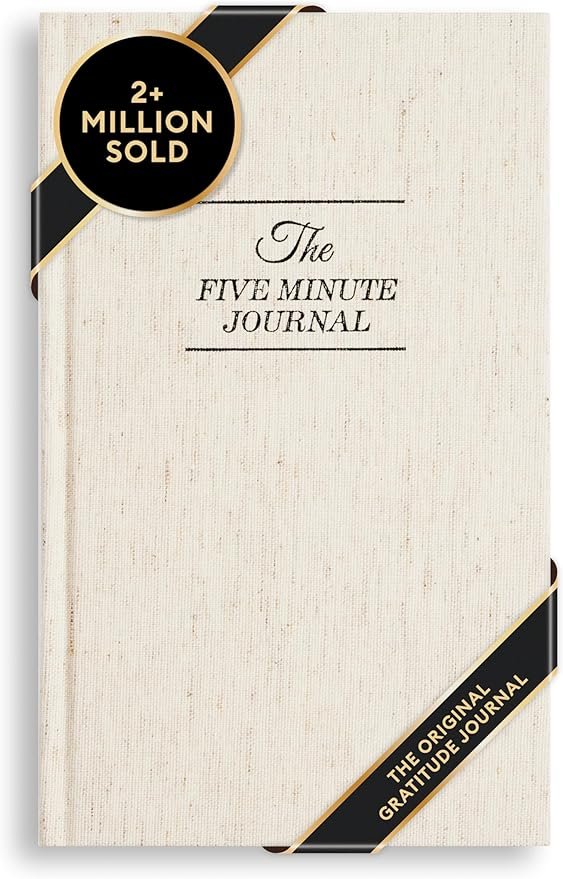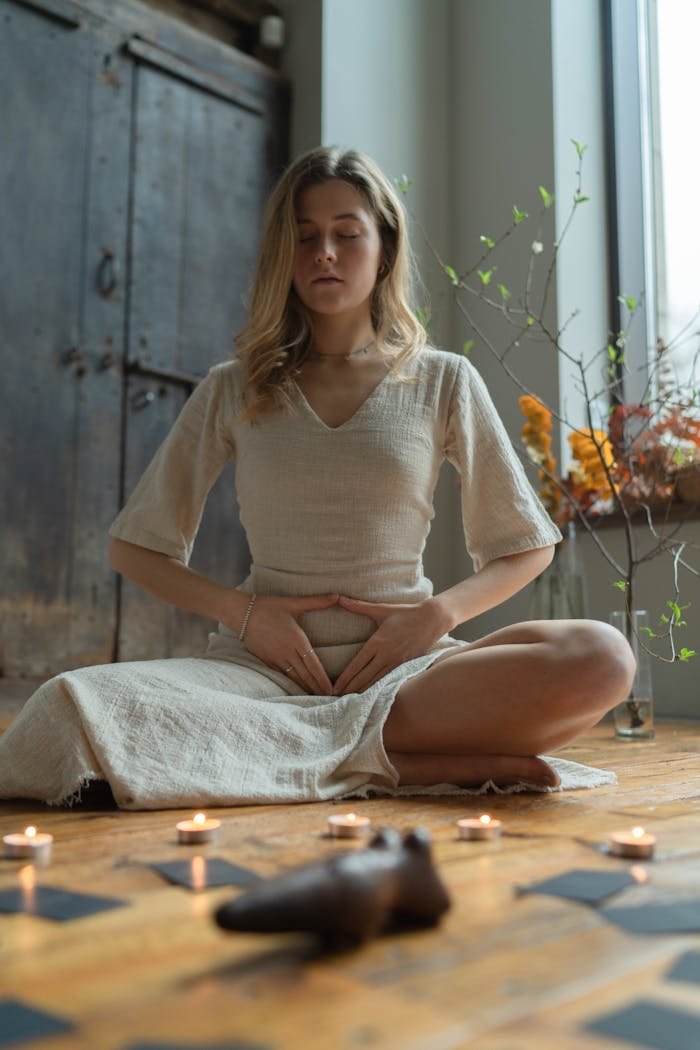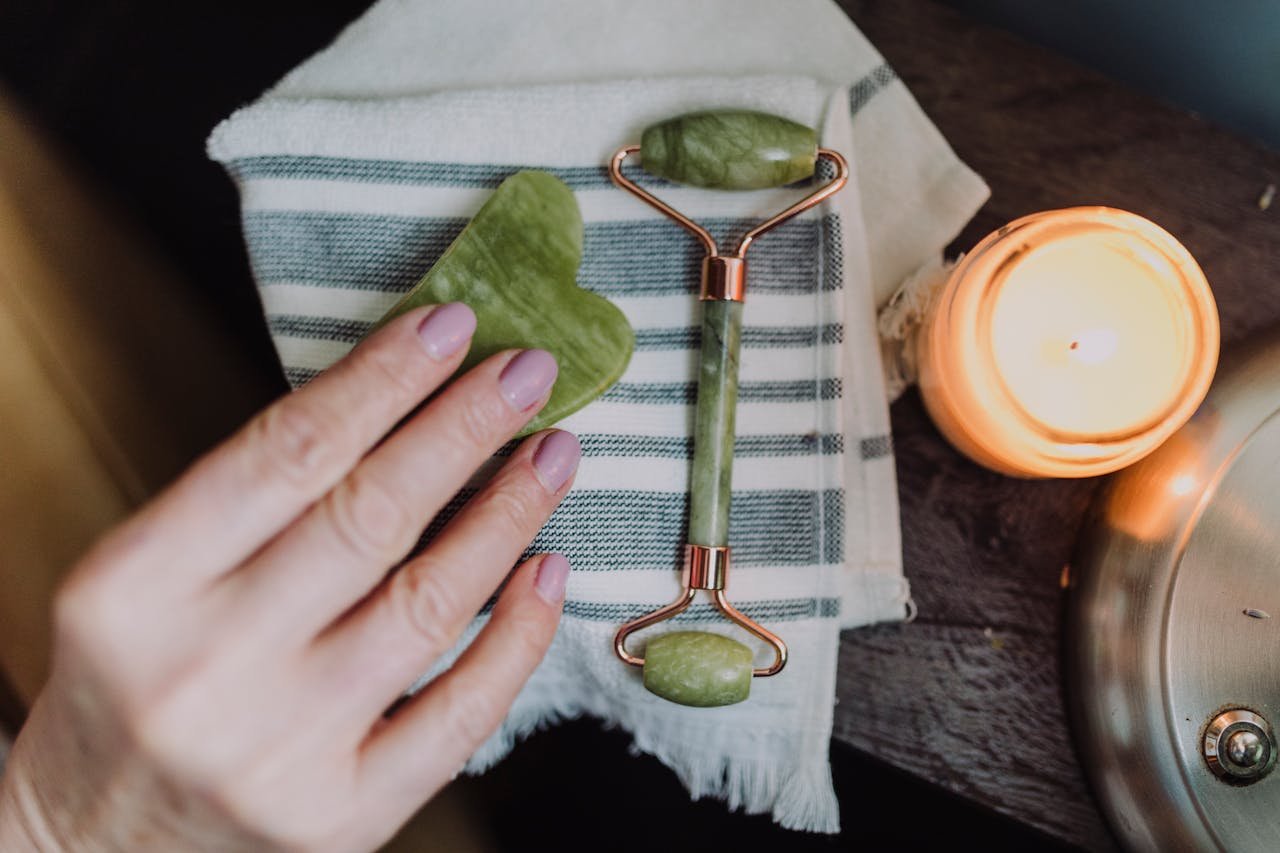Anxiety is that unwanted guest that never really leaves, right? It shows up uninvited, makes you feel on edge, and then sticks around far longer than you’d like. Trust me, I know the feeling—it’s like your brain’s on overdrive 24/7. The good news? You can regain control and ease your mind with some tried-and-true techniques. These strategies have helped me and can work wonders for you, too.
1. Deep Breathing Exercises: It sounds simple, but deep breathing is one of the most effective ways to calm your mind and body when anxiety strikes. By slowing down your breathing, you signal to your nervous system that it’s okay to relax.
Try inhaling for four counts, holding for four, and exhaling for six. Repeat until you feel that familiar tension begin to melt away. This will slow your heart rate and calm your mind. To see the best results, it is recommended that you do breathing exercises at least twice a day after you wake up, before you get to bed at night, and each time you feel you need to.
2. Mindfulness Meditation: Mindfulness has gained a ton of popularity for a reason. When anxiety takes over, it’s easy to let your thoughts spiral.
Mindfulness teaches you to stay present and observe your thoughts without judgment. Start with just five minutes a day.
Mindfulness involves focusing on the present moment, which can help reduce anxiety. Apps like Headspace or Calm offer guided meditations that are perfect for beginners and offer support along the way.
3. Progressive Muscle Relaxation: Anxiety tends to manifest in physical ways—tight shoulders, clenched jaw, or a general feeling of tension.
Progressive muscle relaxation involves tensing and then slowly releasing different muscle groups to help relieve that physical stress. Start at your toes and work your way up to your head.
Trust me, by the end, you’ll feel like a puddle of relaxation.
4. Aromatherapy: Smells and herbs have special effects on our bodies, whether we inhale, smell, or lather them. Essential oils like lavender, chamomile, and bergamot have been shown to reduce anxiety. Add them to a diffuser or apply them topically (diluted) for an instant calm.

Our recommendation:
MAJESTIC PURE Lavender Essential Oil
100% Pure and Natural Lavender Oil | Premium Grade Essential Oils for Diffusers, Skin, Aromatherapy, Massage | 4 Fl Oz
5. Journaling: When your mind is racing with anxious thoughts, sometimes the best thing you can do is get them down on paper. Writing about your worries helps externalize them, making them seem less overwhelming. Plus, it’s a great way to reflect and gain insight into patterns that might be contributing to your anxiety.

Our recommendation:
The Five Minute Journal
Original Daily Gratitude Journal 2024 for Happiness, Mindfulness & Reflection – Daily Affirmations – Undated Life Planner Journal for Women & Men
6. Exercise: We all know that our body and mind are connected, so take and make time for some low-intensity exercise. Physical activity releases endorphins, which are natural mood lifters. It doesn’t need to take a lot of your time. Even a short walk can help reduce anxiety levels. 10-20 minutes of yoga or pilates routines can help your body and mind feel better and more centered.
7. Limit Caffeine and Sugar: Caffeine and sugar can exacerbate anxiety symptoms. Consider switching to herbal teas, matcha, cacao drinks, or decaf options if you find that your anxiety spikes after consuming caffeine and sugar.
8. Cold Exposure: A cold splash of water to the face, or even a cold shower, can trigger the body’s parasympathetic nervous system and bring on an immediate sense of calm. It sounds intense, but the science is solid—cold exposure helps lower your heart rate and reduce anxiety quickly.
Pro tip: fill up a bowl with ice and water and put your face in for a few seconds or more; you will feel refreshed and energized.
9. Grounding Techniques: Grounding techniques are perfect when anxiety makes you feel like you’re spiraling out of control. One of my favorites is the 5-4-3-2-1 method.
Name five things you can see, four things you can touch, three things you can hear, two things you can smell, and one thing you can taste. This simple exercise helps shift your focus back to the present moment.
10. Professional Help: If your anxiety is persistent and affecting your daily life, don’t hesitate to seek professional help. Therapists and counselors can provide you with the tools you need to manage your anxiety effectively. There is no shame in it; sometimes, we all need some external help.
Remember, managing anxiety is a journey, not a destination. Try incorporating these techniques into your daily routine and notice the difference they make.
If you’re looking for more support, check out our recommended products to help ease anxiety.

